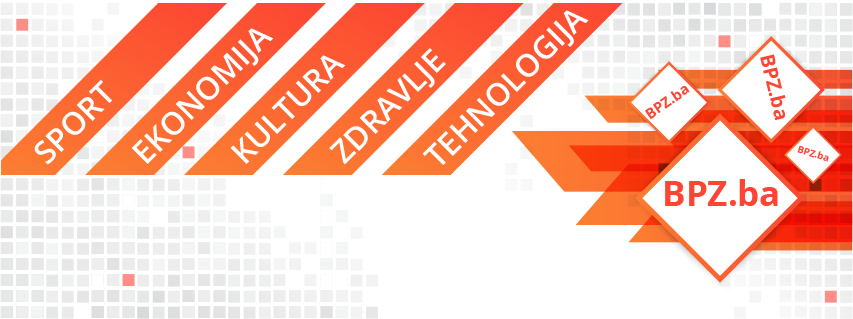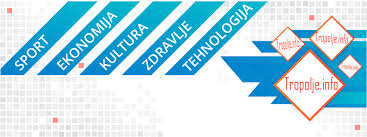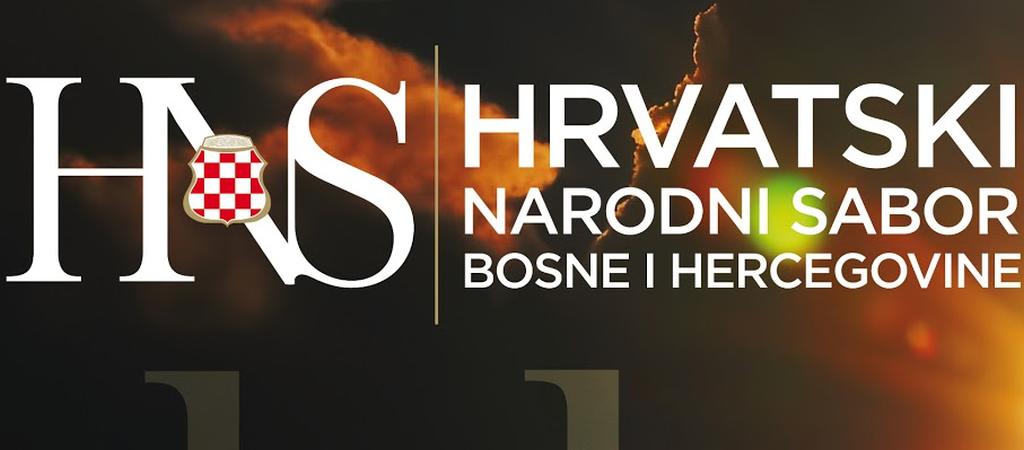Malo da se pohvalim, sitnim doprinosom na sljedecem clanku, dovoljno eto da me navedu i kao ko-autora texta…Necu se valjda uobraziti (molim bez komentara “davno si se ti uobrazio”)
The NATO Still Has the Upper Hand in Southeast Europe – the US Should Make Sure It Stays That Way
(July 30, 2020 – USMilitary.com by Ariel Schwartz) On July 1, Croatia handed over the Presidency of the European Union (EU) Council to Germany, who will preside over the EU for the next six months before transferring the presidency to Portugal on January 1, 2021. Croatia’s presidency over the Union was considered a success, albeit the COVID-19 pandemic. It showed that countries who emerged from Socialism to a free democracy could contribute to and take the lead on important global issues. Voters in Croatia recognized strength in leadership of the Croatian Democratic Union (HDZ), and thus awarded Andrej Plenković a second term as Prime Minister in the country’s national elections held two weeks ago.
After the breakup of the former Yugoslavia, Slovenia was the first country from the region to join both the EU and the North Atlantic Treaty Organization (NATO), becoming a member of both in 2004. Five years later, Croatia followed Slovenia and joined NATO in 2009, and the EU in 2013. Under the Croatia’s EU Council Presidency, the European Commission opened accession talks with both Albania and North Macedonia. While the actual starting date of the negotiations is not clear yet, the EU decision restored the trust of many, both within the EU family and within the countries in line to join the Union.
The decision to open accession negotiations was particularly meaningful for North Macedonia, a country that in the past decade has made great strides in economic reforms. In March 2018, after 27 years of dispute over the country’s name, then-Prime Minister Zoran Zaev changed the previously named the former Yugoslav Republic of Macedonia (FYROM) to the Republic of North Macedonia in the historic Prespa agreement reached with Greece, enabling NATO accession.
Greece has expelled two diplomats accused of meddling in Athens in attempt to stop the name agreement, and to prevent North Macedonia from joining NATO. In March of this year, North Macedonia became the fourth country of the former Yugoslavia to join the alliance, along with Slovenia, Croatia, and Montenegro. Earlier in July, North Macedonia’s elections granted slim victory to Zaev and his Social Democratic party ensuring the continuity of the country’s involvement in the EU. Zaev’s victory came as a relief to Brussels and Washington, that also revealed a need for a stronger transatlantic support and cooperation.
America must increase its presence in the Western Balkans as Russia continuously seeks to shatter NATO. Similar to the allegedly planned coup in Montenegro to prevent accession to NATO, efforts from Moscow continue in Bosnia and Herzegovina, who’s Bosniak and Croat political elite say joining NATO would provide peace and stability. However, the Serbs, such as Bosnian Serb leader Milorad Dodik, are against.
Moscow has worked to deepen its ties with Balkan political leaders like Dodik, who share authoritarian approaches to governance and reject Western ideas. For Russia, the Balkans hold significant historic, cultural, and religious connections, in addition to the geostrategic value of the region. Although Russian interference has only emboldened Washington’s alertness and diplomatic efforts, the Kremlin’s influence in the Balkans is steering focus away from Russian actions elsewhere, such as military buildup in the Sea of Azov, the worsening conditions in eastern Ukraine, and Moscow’s operations targeting post-Velvet Revolution Armenia. However, it is critical to not underestimate the intentions of the Kremlin in southeast Europe.

While Russia’s influence is used as a distraction from other Kremlin activities, it is important to remember Russia’s goal is to shatter NATO. It is imperative that NATO retains influence and control in the region to prevent destabilization. Along with the deterring of Russian advancement in the region, NATO is vital for a strong and free Europe, bound by democracy, sovereignty, and a commitment to security.
NATO is not just a military alliance. It’s institutional strength and credibility is important for investors as a sign of stability. The United States must ensure that NATO keeps the upper hand in the region. With Croatia, Montenegro, North Macedonia, and Slovenia in the alliance, NATO has enough support to limit Russian influence in southeast Europe. With Russian involvement in Libya, there is a growing instability in Europe’s southern neighbor that NATO must prevent from extending into the Western Balkans. The recent appointment of two Special Representatives for the Balkans, Mathew Palmer and Richard Grenell, is a testament that Washington is taking Russian interference seriously.
Ariel Schwartz, Elliot School of International Affairs at The George Washington University and Dalibor Milos, a non-resident Fellow at the Croatian-American Association in Chicago











